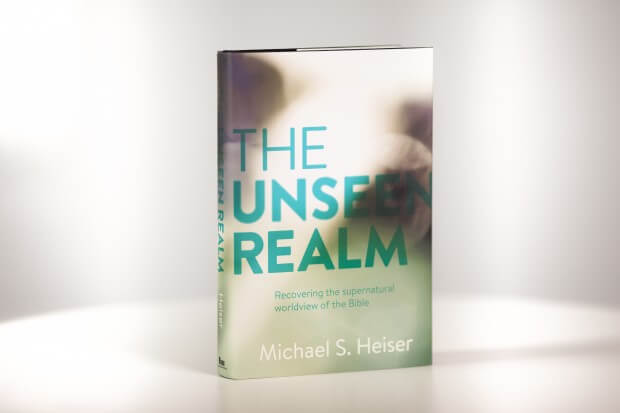Dr. Michael S. Heiser is a scholar-in-residence for Faithlife, writes
Believe it or not, there is evidence that the Bible
was updated. That may sound strange, but if you read closely, it’s
undeniable. Take Genesis 14:14 as an illustration:
When Abram heard that his kinsman had been taken captive, he led forth his trained men . . . and went in pursuit as far as Dan.
Did you notice the problem? This is the time of Abram, a time before Moses and Joshua — before there was a promised land divided among the tribes of Israel. There wasn’t even an Israel yet. So what’s up with the reference to the land that belonged to the tribe of Dan?
If we plotted out
the battle between Abram described in this verse on a map, with place
names appropriate for Abram’s day, we’d see that the writer really meant
that the enemy was pursued all the way to a place called Laish, not Dan.
Many Bible critics would call this an error, but it isn’t.
Much later, in the days of Israel’s judges, Laish was renamed as Dan:
“And they named the city Dan, after the name of Dan their ancestor, who was born to Israel; but the name of the city was Laish at the first” (Judg 18:29).
Evidently, an unnamed editor updated the text of Genesis 14:14 after the name change took place. The editor likely did this to make sure readers of his own day would understand the geography.
In other instances, an editor repurposed something already written in the Bible to make it preach to their community.
Psalm 51
is well known as a record of David’s repentance after his sin with
Bathsheba and murder of Uriah. The psalm, though, ends by asking God to
“do good to Zion” and with the command, “build up the walls of Jerusalem” (Psa 51:18–19).
The walls of Jerusalem were not in need of repair until after God’s
people were exiled, centuries after David lived. The editorial addition
is a masterful literary stroke. Just as King David repented centuries before, an editor sought to move the exiles to national repentance. It was just the kind of example they needed.
Though it seems strange, the updating of Psalm 51:18–19 and Genesis 14:14 gives us an insight into the process of inspiration — a process that included providential editorial work.







